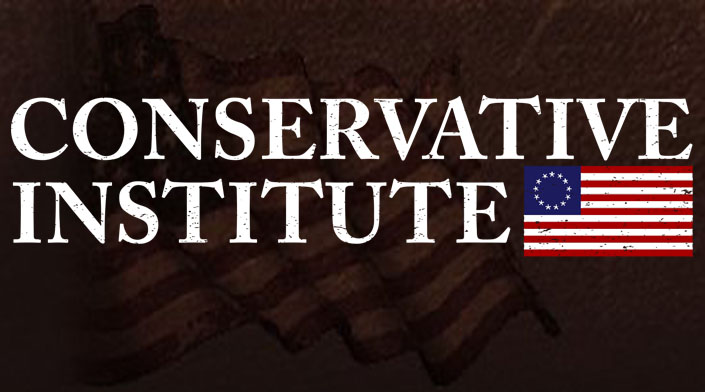DANIEL VAUGHAN: The NBA Makes The Case Against Legalized Sports Gambling
It was always a question when a major sports league would get busted on illegal gambling, not if. The fact that we're here now, seven years after the Supreme Court helped open the floodgates, isn't a shock. In those few years, we've gone from a world without open gambling to it being in the palm of your hand - we were never ready for that. Nor do I think we ever will be.
There are two levels of the major bust operation by Kash Patel's FBI. The investigation itself is bipartisan - this started in the Biden administration and will be prosecuted by the Trump DOJ. We're not looking at a shift in enforcement—this is very much a bipartisan affair.
The first level is the illegal poker games. Put simply, these games were nothing but fraud and theft. They targeted marks, led them into the games, and then wiped them out using technology, faked cards and hands, and more.
It's bizarre to read about mafia connections and more. This is a story straight out of the plot of a Sopranos episode. But the law and issues are straightforward.
But the second layer, and far bigger issue, is the National Basketball Association having coaches and players involved in faking injuries, changing performance, and otherwise directly impacting a game to rig the odds and payouts. This is the point where illegal gambling directly impacts league integrity.
What we're witnessing with the NBA could happen in any league. However, the NBA, in particular, has a sketchy past here with the specter of former referee Tim Donaghy looming over it, who was arrested, charged, and served time in federal prison for illegal betting on games impacting the outcomes.
The FBI and DOJ have proof that specific NBA games were targeted, manipulated, and bet on by those involved in the match. Perhaps more surprisingly, the sportsbooks involved handled the situation correctly, as bizarre as that sounds.
ESPN reporter Brian Windhorst told Rich Eisen's show that the moment these wonky bets were entered into the system, the sportsbooks noticed them. They flagged bets placed by random people, who suddenly poured thousands of dollars onto one player, who then won, who were otherwise bad gamblers.
The NBA reportedly pulled the players, questioned them about everything, and allegedly cleared them. But none of this means that prosecutors cleared anyone involved.
Eventually, we're going to get two questions from this: what did the NBA know, and what did it do? And why didn't the NBA act if it knew something? If prosecutors start getting guilty verdicts or confession plea deals, the league is in trouble. That will cast doubt on the integrity of the game at a time when it can't afford it.
It's not just that players and coaches are in on this thing; the NBA, which has its own endorsement and brand deals with sportsbooks, has to answer for why it didn't punish its own players. There's a dark road that leads to NBA leadership being forced to testify in depositions, before Congress, and more on league integrity.
For Americans, the loss is in real competition. The NBA can't guarantee it's a fair league for fans. For those placing bets, the NBA is unbettable at that point, because you can't guarantee the integrity of that process. No matter which way you turn, the NBA's reputation is directly on the line, not just players and coaches.
The precipice the NBA is standing on is worse than anything Major League Baseball faced at the height of the steroid era, or the NFL's issues with concussions. We're looking at the direct integrity of an entire league at stake. At this point, no one can say for sure which direction the investigation will go.
That brings us to the more complicated question: Is legalized sports gambling worth it? It's everywhere now. All the major sports networks cover it, the leagues have sponsored deals, and podcasts are filled to the brim with FanDuel, DraftKings, and other sponsors.
A growing number of Americans are saying legalized sports gambling is net negative on society. I don't blame the Supreme Court for this situation. That 7-2 ruling was correct and struck down the federal government's broad overreach.
What we're witnessing is states drafting laws and allowing the practice within their borders. It's something that can just as easily be reversed. But right now, there's no drive to make that happen.
It's time to start that reversal, because the impacts on sports leagues and the common man are piling up. We were never ready for this shift as a society, and the appearance of sprawling FBI investigations is confirming the very worst of what everyone feared.
It won't get any better from here.

